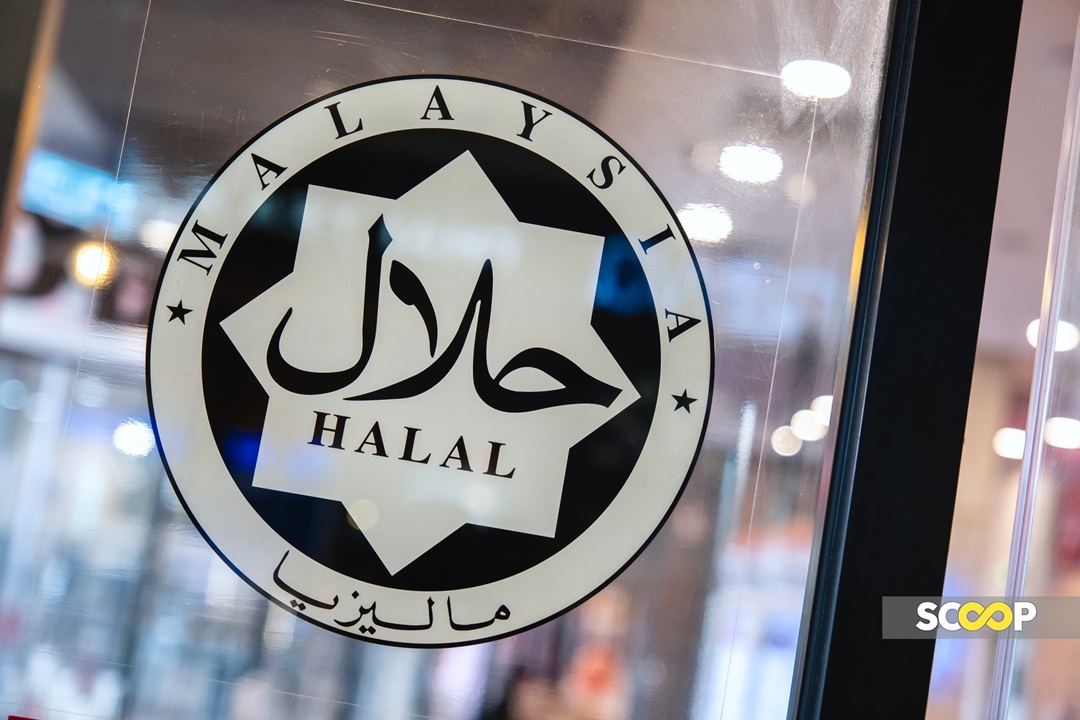KUALA LUMPUR — Seputeh MP Teresa Kok has said her call for a review of a proposal by the Islamic Development Department (Jakim) to require mandatory halal certification is not an insult to Islam or the department, but to voice the concerns of small business operators.
The requirement could be an added financial burden to smaller enterprises, she said, besides impeding consumers’ freedom of choice and being “contrary to the spirit of cultural diversity in the country”.
In fact, cost concerns related to halal certification was a point of contention even before Kok’s statement on September 6, for which 50 police reports were lodged against her and for which she is under investigation.
These concerns previously prompted Jakim to explain that the certificate itself is inexpensive, but it also acknowledged that the use of consultants to ensure successful applications could amount to RM100,000.
Scoop takes a look at the Malaysian Halal Certification (Domestic) Manual 2020 (MHCM 2020) to find out what it takes to obtain certification.
According to the manual, the application fee for halal accreditation is only RM20 for applications by local businesses.
For certificate renewals, the cost depends on the business and scale of operations.
Micro businesses with a revenue of less than RM300,000 must pay a renewal fee of RM100, while companies with a revenue of RM300,000 to RM14.9 million must pay a fee of RM400.
Small restaurant operators only need to pay RM100.
However, paying the necessary fees does not actually guarantee a successful halal certification application.
After applying, next comes the process to achieve compliance in order to receive certification, and this is where the added costs are as businesses strive to ensure that their products, operations and premises are halal compliant.
According to a flowchart by Jakim, the department will conduct an audit, which includes an onsite inspection, after a company submits its application for halal certification along with necessary documents.
Based on the guidelines in MHCM 2020, this audit would cover matters related to raw products, ingredients, menu, storage, cutleries, packaging, labels, distribution, staff and sanitation, among other things.
For example, with regards to raw materials, the guidelines require such items to be halal, safe and uncontaminated.
The requirement for storage appears to be more restrictive as raw materials and halal products must kept separately from other items.
“Storage areas must be kept clean and organised at all times,” the manual says.
Additionally, premises must also be free from non-halal elements such as alcohol and pork.
The manual also mentions that premises must be secure or have mechanisms in place to deter animals, insects or pests from entering.
Businesses must also have an appropriate amount of Muslim staff depending on the category of halal certification sought. New employees must also undergo halal awareness training.
For small operations, businesses would need at least one permanent Muslim staff member.
‘Small businesses don’t have large capital’
The Malaysia Muslim Restaurant Owners Association (Presma) has welcomed Jakim’s proposal for mandatory halal certification which includes restaurants that do not serve pork and alcohol.
However, Presma president Datuk Jawahar Ali Taib Khan cautioned that raising awareness and engaging the business community should come first before imposing new obligations.
“It will be a problem for restaurant operators who do not have large capital. It is known that many Malay restaurants in Malaysia serve halal food, but the majority of them do not have a halal certificate.
“Hold engagement sessions first, especially with small Bumiputera traders, to understand their challenges from the point of view of financial constraints given the cost of the application process and compliance process to obtain halal certification,” Jawahar said in a statement today.
Imposing any new requirement must also ensure there is an “ecosystem” that is conducive for compliance, he added, calling for “inclusive policies” that do no marginalise anyone.
“We can have an in-depth discussion on this issue by listening to various perspectives without any form of extreme provocation,” Jawahar said.
Another voice who has expressed concern about the impact of the cost and process of halal certification on businesses, if made mandatory, is Datuk Azman Abidin, who is Prime Minister Datuk Seri Anwar Ibrahim’s political secretary.
He told Malaysiakini that as a former restauranteur, this was why many Malay business owners are hesitant in getting the certification, despite already selling halal food. — September 10, 2024


